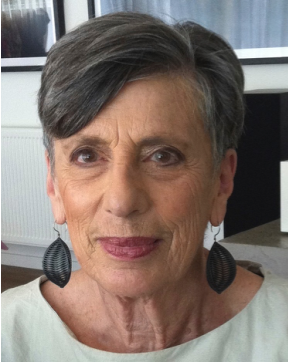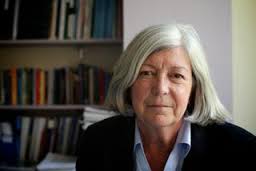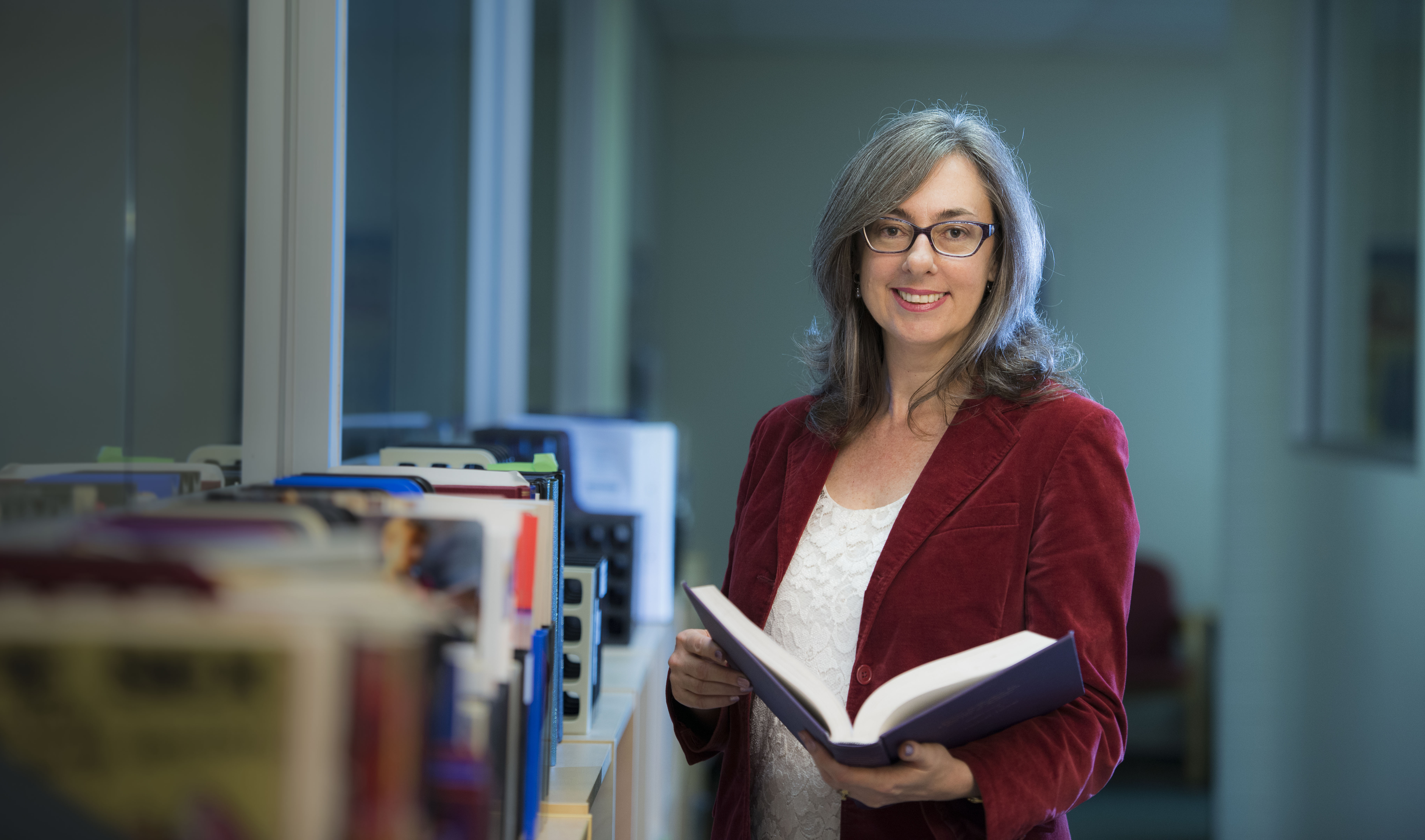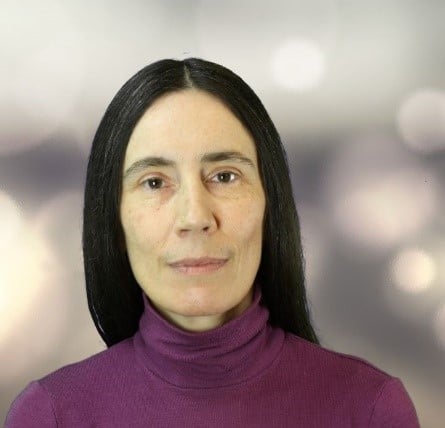About us

The Australian Research Centre in Sex, Health and Society (ARCSHS) conducts world-class research and education on the social dimensions of sexuality, gender, health and human relationships. We work collaboratively with other researchers, communities, community-based organisations, government and professionals to advance knowledge and promote positive change in policy, practice and people’s lives, by advancing new knowledge and learning, maximising research impact and enhancing our capacity for world-class research.
ARCSHS is an Australian leader in research on sex and sexuality. Our surveys of the general population have helped track patterns and practices during the life course and over time, and our qualitative research has built new understandings of sexuality-related cultures, experiences and identities. ARCSHS looks specifically at health and wellbeing in diverse sexuality and gender minorities, including same sex-attracted and gender diverse young people and older people, and we explore the relationships between sexuality and other issues such as disability, mental health and alcohol and other drug consumption.
We are one of four national centres funded to undertake strategic research as part of Australia's national response to HIV, viral hepatitis and sexually transmissible infections. This includes research that directly informs indicators in these strategies, including quality of life of people living with HIV, and sexual health among young people.
We are also an important provider of research-based training, resources and workforce development programs, particularly in the areas of sexuality education, blood-borne viruses, and LGBTI-inclusive practice. Much of our research involves international collaboration, particularly our work on HIV and viral hepatitis. Building on this international reach is an ongoing priority for all our work. Our key research themes are:
- LGBTIQ health and wellbeing
- Social responses to HIV and viral hepatitis
- Sexual health and wellbeing
- Sex, gender and consumption
History and background
ARCSHS is located within the School of Psychology and Public Health at La Trobe University, Melbourne.
Since it was founded in 1993, ARCSHS has led the field in Australia on issues of sex and sexuality in contemporary Australia, particularly in relation to health, education and social justice.
The Centre uses an interdisciplinary approach to research, and includes staff with expertise in sociology, psychology, anthropology, cultural studies, history, gender and sexuality studies, education, political science, public health, community education and law.
Our unique expertise in community-engaged research allows us to work effectively with marginalised and difficult-to-reach communities. In addition, we specialise in using research findings to produce training and educational resources for practitioners and to advise policy development.
ARCSHS receives funding from a range of sources, including national competitive grants through the Australian Research Council and National Health and Medical Research Council, contracts and consultancies with state and federal government departments, and grants from non-government organisations, philanthropic organisations and industry.
Past directors
Professor Doreen Rosenthal, AO

Throughout her career, Professor Doreen Rosenthal has been a leading figure in the scientific investigation of human development from childhood to old age, and in the application of behavioural research to promoting sexual health.
Professor Rosenthal completed her PhD at the University of Melbourne, and in 1993 became founding Director of the Australian Research Centre in Sex, Health and Society at La Trobe University. This was a time when there was little Australian social research into STIs, and simultaneously HIV social research began to attract federal funding. The Centre began with a small cohort of researchers and administrators and a community liaison officer. Increased funding meant ARCSHS grew rapidly, attracting researchers from a range of disciplines.
This role was followed in 1999 by a term as Associate Dean (Research) in La Trobe's Faculty of Health Sciences. In 2003 she returned to the University of Melbourne as Director of the Key Centre for Women’s Health in Society. Since 2008 she has been Professor Emerita, Melbourne School of Population and Global Health.
Professor Rosenthal has produced more than 200 scientific publications and has attracted about $15 million in grant funding from Australian, US and Swiss agencies. In addition to her prolific output of scientific articles, she has written or edited eleven books, including accessible volumes on youth and sexuality, homelessness, and grandparenting.
Her honours include Officer of the Order of Australia (2003), Fellowship of the Academy of the Social Sciences in Australia and listing on the Victorian Honour Roll of Women.
As Professor Rosenthal explains:
“My time at ARCSHS was the best time in my long research career. I became deeply involved in HIV/AIDS policy; I was working in an environment where real change was both necessary and possible; I met people whose commitment to halting the progression of HIV was extraordinary. I will never forget the wonderful people I worked with and the opportunities for my own personal growth. I was so sad to leave!”
Professor Marian Pitts

Professor Marian Pitts was Director of ARCSHS from 2000 to 2014, and is now Emeritus Professor. Prior to joining ARCSHS, she worked in the UK, Zimbabwe and the USA. She has published widely in the broad area of sex, sexuality and sexual health, and has served on panels for the National Health and Medical Research Council and the Australian Research Council. She was also panel chair for the first Excellence in Research Assessment (ERA).
As Director, Professor Pitts was responsible for a multi-disciplinary team focussed on sex, sexuality and health. ARCSHS developed the first national survey of sexual health in Australia, under the leadership of Professor Anthony Smith. Other ground-breaking surveys included Private Lives and TranZnation, the first surveys of gay and lesbian, and transgender people. There was innovative research in HIV and viral hepatitis, and ARCSHS played a role in the developing the evidence base to support the HPV vaccine program.
There was major progress in the area of sex education for young people. Professor Anne Mitchell oversaw the development and implementation of Talking Sexual Health – a national framework for secondary students, and the Safe Schools project. The Community Liaison Unit and Gay and Lesbian Health Victoria (now Rainbow Health Australia) ensured research was translated effectively into practice and policy.
For Professor Pitts, leading ARCSHS was hugely rewarding:
“Working at ARCSHS was the most exciting part of my career; I was fortunate to collaborate with talented and committed people in a vibrant and supportive environment. It was also the very best fun for most of the time!”
Professor Jayne Lucke

Professor Jayne Lucke was the Director of ARCSHS from 2014 until 2019. Her background is in social and health psychology and she has published around 200 papers in diverse fields, including women’s sexual and reproductive health, young people’s mental health, drug policy research, addiction neuroethics and bioethics.
During the early 1990s she worked in the Brisbane unit of the National Centre for HIV Social Research where she was involved with a range of projects, including the first National Survey of Secondary Students and Sexual Health in 1992.
Before coming to La Trobe University, Professor Lucke was Principal Research Fellow at The University of Queensland's Centre for Clinical Research (UQCCR) where she led a research program examining the ethical and policy implications of pharmacological treatments of mental and behavioural disorders that may be used to enhance cognitive capacity. She has also worked at the Institute for Molecular Bioscience at UQ researching public attitudes towards technologies that may be used to extend human lifespan.
Professor Lucke has also been a Deputy Director of the Australian Longitudinal Study on Women’s Health (2006-2009) and a Director of Family Planning Queensland.
Professor Lucke reflects on her time at ARCSHS, observing that,
“The defining event of my time at ARCSHS would have to be the marriage equality plebiscite. The expertise of ARCSHS in the field of LGBTIQ+ health and wellbeing featured heavily in public discussion leading up to the plebiscite. And afterwards, important research projects such as Writing Themselves In, and the advocacy and training work of Rainbow Health Victoria, gained even more energy and momentum, evolving into the incredible program of work ARCSHS delivers today.”
Professor Suzanne Fraser

Professor Suzanne Fraser is a leading expert in social studies of drug use, gender and sexuality, and stigma, having introduced several novel approaches to the field that have had a significant impact on international scholarship. Professor Fraser has a PhD in Gender Studies from the University of Sydney, and was Director of ARCSHS between 2019 and 2023. Prior to this, she worked at the University of New South Wales, Monash University and Curtin University, mainly in research-only roles.
Professor Fraser’s research career has centred on the relationships between the body, gender, health and the self, with a focus on the need to rethink assumptions about blood-borne viruses (BBVs) and drug use to improve the lives of people affected by these issues. She has consistently drawn on the potential for feminist theory and science and technology studies theory to illuminate the stakes at work in the stigma surrounding BBVs and drugs, and raised questions about the norms behind judgements about individual and social practices and the structural and institutional forces contributing to BBV- and drug-related problems.
On joining ARCSHS, Professor Fraser concentrated on advancing the Centre’s strategic interests within the University and building on existing key strengths in community and government partnerships. Describing her time as Director, Professor Fraser puts it this way:
“ARCSHS had so many strengths when I became Director, it was exciting to become part of such a diverse and productive team. During the time I was Director, we faced COVID and its related lockdowns as well as challenges to the tertiary sector as a whole as overseas student numbers plummeted. It was certainly a challenging time, but staff responded with great tenacity, and as a result the Centre emerged stronger than ever.”
Professor Fraser is now Adjunct Professor in the Centre, and is also Visiting Professorial Fellow at the Centre for Social Research in Health at the University of New South Wales.